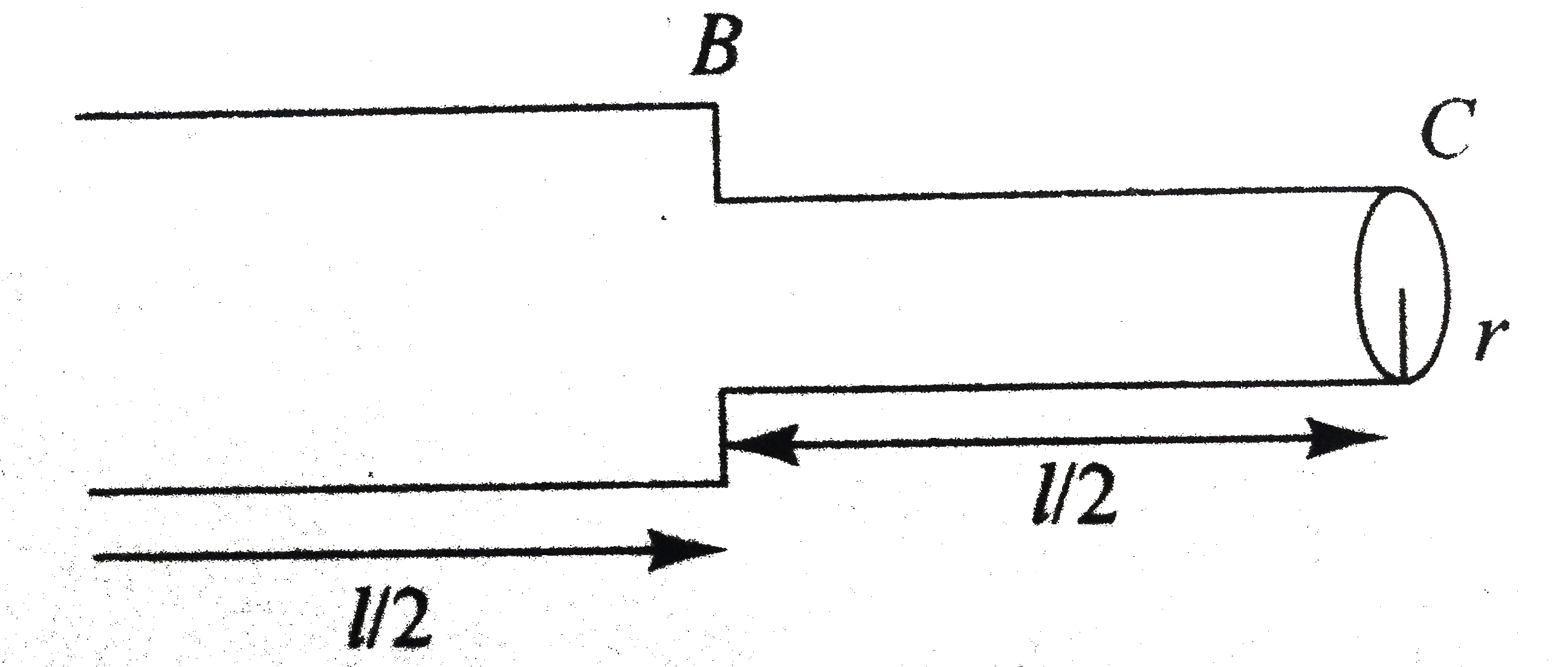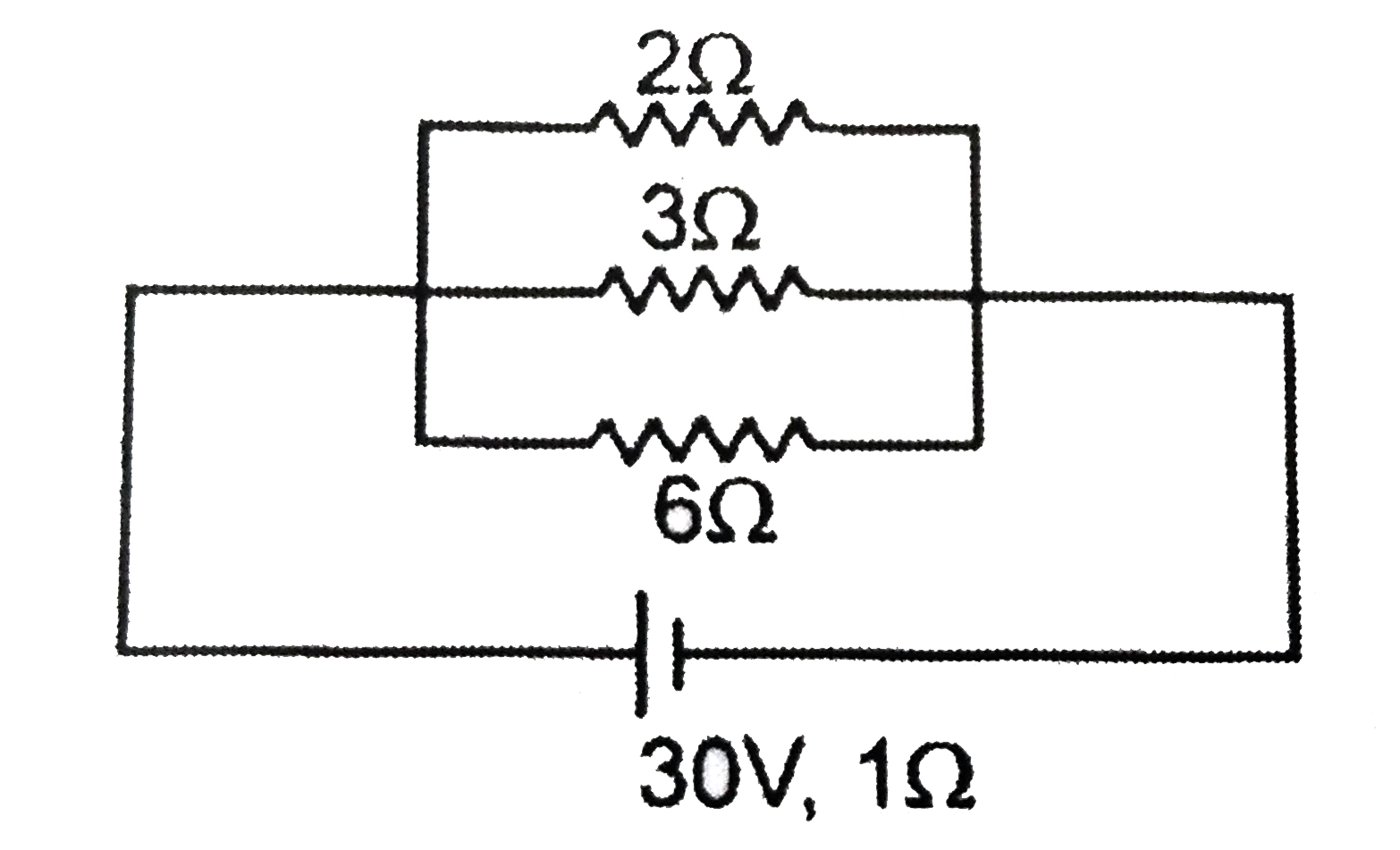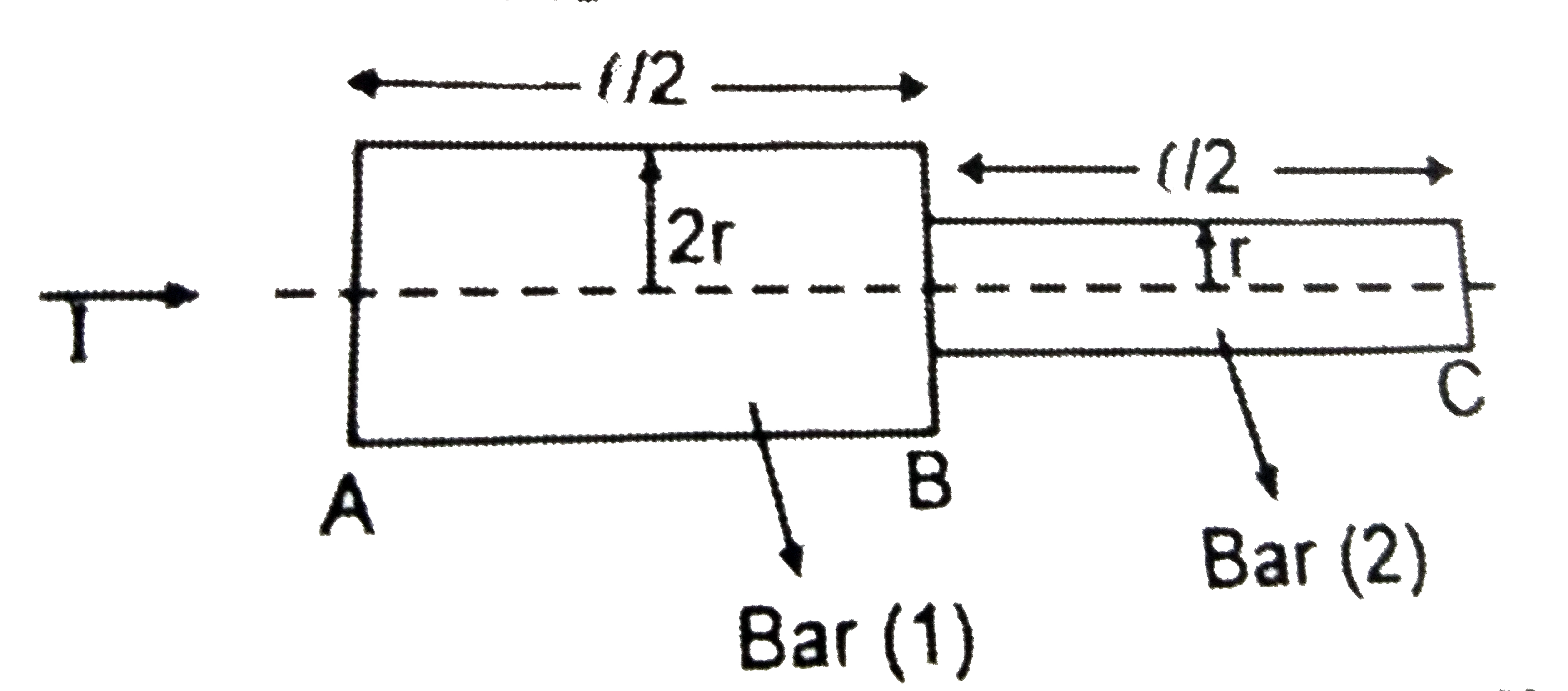Compounds which do not allow electric current to pass through them.
Step-by-Step Solution:
1. Understanding Compounds: Compounds can be classified into two main categories: ionic compounds and covalent compounds.
2. Ionic Compounds: Ionic compounds, such as sodium chloride (NaCl), consist of ions (cations and anions). When dissolved in water, these ions are free to move, allowing the solution to conduct electricity.
3. Covalent Compounds: In contrast, covalent compounds, like hydrogen (H2), are formed by the sharing of electrons between atoms. These compounds do not dissociate into ions when dissolved in water.
4. Electrical Conductivity: Since covalent compounds do not produce ions in solution, they do not conduct electricity. Therefore, they are considered insulators.
5. Conclusion: The compounds that do not allow electric current to pass through them are primarily covalent compounds.
Final Answer:
The compounds which do not allow electric current to pass through them are known as covalent compounds.
---
The compounds which do not allow electric current to pass through them are known as covalent compounds.
Topper's Solved these Questions
- CHEMICAL BONDING BOOK - ICSECHAPTER - CHEMICAL BONDING EXERCISE - WORKSHEET-3
8 Videos
- CHEMICAL BONDING BOOK - ICSECHAPTER - CHEMICAL BONDING EXERCISE - WORKSHEET-3(Tick the correct answer)
5 Videos
- CHEMICAL BONDING BOOK - ICSECHAPTER - CHEMICAL BONDING EXERCISE - WORKSHEET-2
12 Videos
- ANALYTICAL CHEMISTRY-USE OF AMMONIUM & SODIUM HYDROXIDEBOOK - ICSECHAPTER - ANALYTICAL CHEMISTRY-USE OF AMMONIUM & SODIUM HYDROXIDEEXERCISE - Additional Questions
6 Videos
- CHEMISTRY 2011BOOK - ICSECHAPTER - CHEMISTRY 2011EXERCISE - SECTION-II
48 Videos
Similar Questions
Knowledge Check
The ability of certain materials to generate an electrical potential when they are heated or cooled is called as ............... The materials or substances which resist or don't allow the current to flow through them are called as............
APiezolectricity, conductorsBPyroelectricity, conductorsCPiezolectricity, semi-conductorsDPyroelectricity, insulators
What are the substances that do not allow light to pass through them called?
View SolutionName an allotrope of a non-metal that allows electricity to pass through it.
View SolutionExplain the following:
Covalent compounds do not conduct electric current in the fused state, whereas ionic solids do.
View SolutionGive reasons why?
Ionic compounds do not conduct electric current in the solid state
View SolutionTwo bars of radius r and 2r are kept in constant as shown in figure. An electric current I is passed through the bars. Which of the following is correct?

View Solution.............. do not pass electricity through them.
View SolutionFind current which is passing through battery.

View Solution

